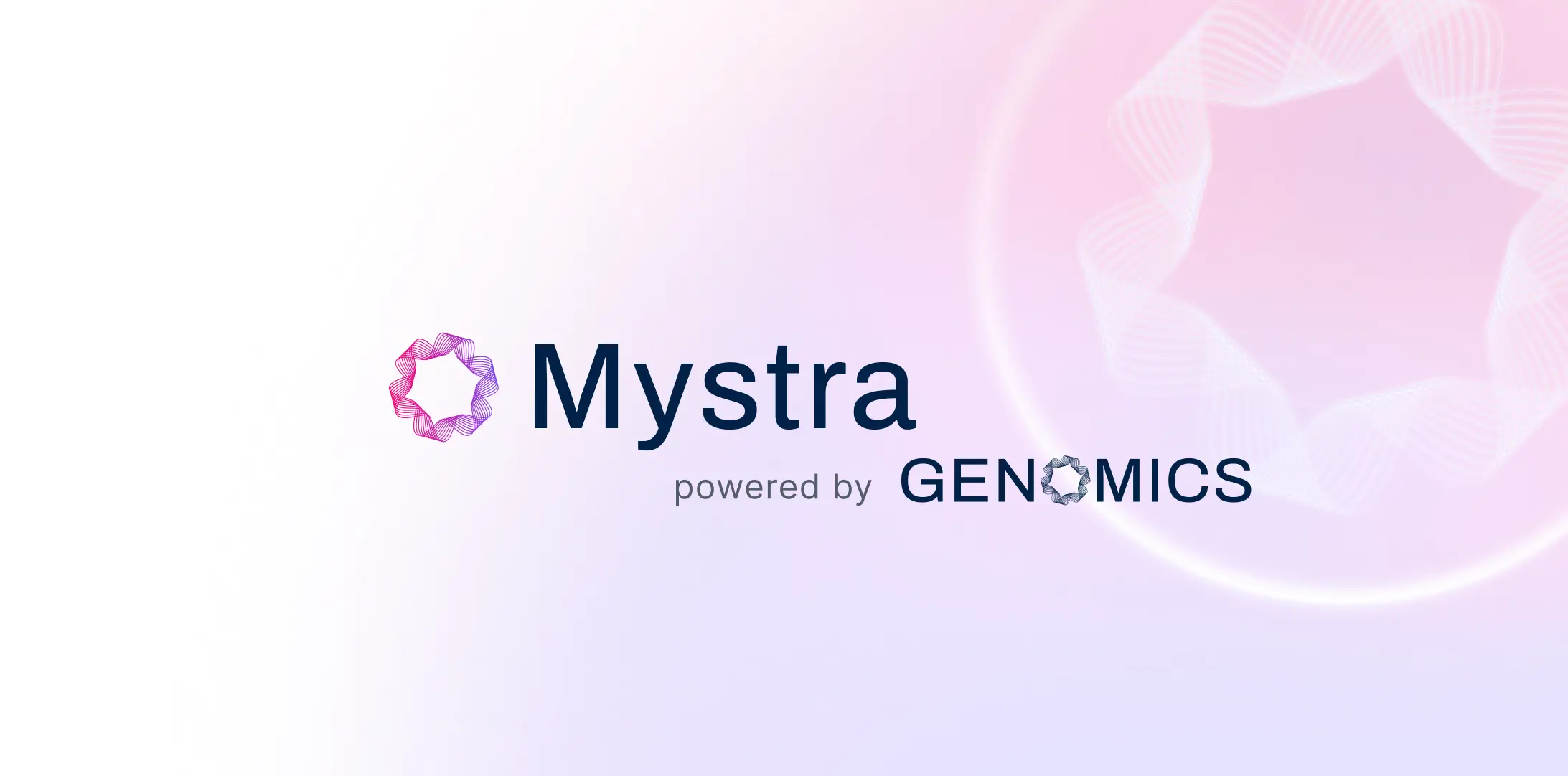
We have developed polygenic risk scores for 28 diseases and 25 quantitative traits, using data from UK Biobank (UKB). The diseases include asthma, bipolar disorder, cardiovascular diseases such as type 2 diabetes, and several cancers.
A polygenic risk score captures the cumulative impact of large numbers of common variations in our DNA, that although insignificant on their own, when added together can greatly affect our risk of disease.
Health systems routinely test for single mutations such as BRCA, or mutations involved in familial hypercholesterolaemia, and patients testing positive are typically offered preventative measures and treatment. Many people with high PRS scores are at the same raised level of risk of developing these conditions as those with single mutations, but to date have been invisible to their healthcare systems as there has been no way to test or identify them. Polygenic risk scores now offer a way to do that. PRSs can also be calculated early in life, before other risk factors such as raised blood pressure or cholesterol become apparent. giving time for more focused monitoring and interventions to be given (such as statins prescribed to those with high risk of coronary heart disease) before an event or illness occurs.
In our latest preprint paper, we show that our PRSs perform better than previously published PRS algorithms across this range of 53 diseases and quantitative traits. It is vital to have PRSs that perform well, to avoid underestimating a patient’s risk.
There has been some debate about whether PRSs should be excluded from clinical risk prediction tools until performance is equal across ancestry groups (the scores being most accurate in those of European ancestry, as this is the ancestry of most UKB participants). However, it is important to recognise that adding a PRS to existing clinical risk assessment tools improves those tools’ performance for everyone, and results in better prediction for everyone, regardless of their ancestry. Omitting PRSs means everybody gets a less accurate estimate of their disease risk. We agree wholeheartedly with the need to address this bias in data sources, and initiatives such as H3Africa and GenomeAsia100K are underway to promote genetic association studies in currently under-represented ancestry groups. While there is still more work to be done, PRSs can be of benefit to us all.














